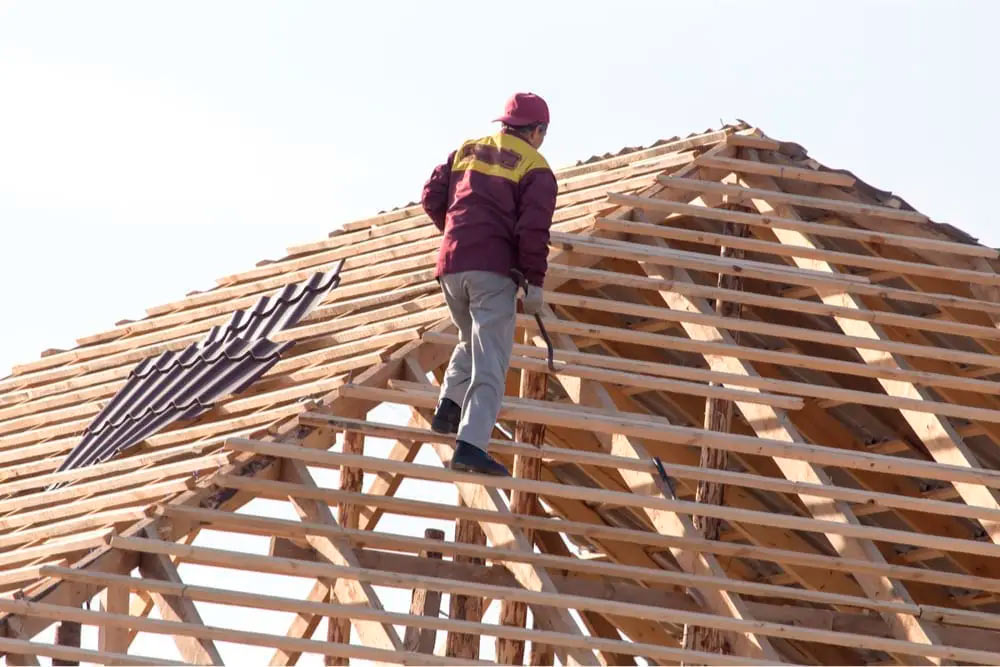Studies show that nearly 50% of small businesses are the target of civil lawsuits! Liability claims can happen to your contractor business.
Every business faces potential risks and threats that could cause serious financial losses or even closure due to a property damage claim or a liability claim. As such, the high cost of insurance and the hassle of keeping your policy up-to-date causes many business-owners to be lax about coverage.
Statistics reveal that nearly 74% of American businesses are under-insured, while 40% of small business-owners carry no coverage. This in spite of the fact that more than 35% faced situations that could have led to a claim.
Furthermore, of these, nearly 23% relate to client dissatisfaction and more than 10% relate to employee injury.
Typical Risks
Here are common scenarios that could expose your contractor business to liability claims:
- Onsite visitors: They may be friends of the property owner who drop in to simply have a look around. One of them gets injured on your construction site. As a result, they sue the homeowner who would in turn expect you as a contractor to pay for the damages.
- Lapsed policy: You’ve had an unblemished safety record. You probably think an accident is highly unlikely on your site. Moreover, accidents can and do happen. Thus,if your policy isn’t up-to-date, you’ll have to pay for damages out of your own pocket.
- Faulty installation: Your HVAC subcontractor installs a cooling-unit that’s wrongly sized. Fungus or mold forms, damaging the walls. Consequently, the workers or occupants suffer allergic reactions and health problems. Thus, medical expenses, job loss or income loss result. Consequently, they may hold the contractor liable.
Contractors can be held liable for a variety of property damage claims and liability claims. Moreover, if you run your own construction contractor business, it’s essential that you know how to protect yourself and your business.
You could face damages or losses for:
- Theft
- Vandalism
- Third-party property damage
- Delays
- Faulty workmanship
- Injury
- Damage due to natural causes
- Slander
- Replacement damages
- Accident to commercial vehicle
- Fire damage to building in progress
- Errors and omissions
Get The Right Coverage
Protecting your contractor business, no matter what its size, is crucial to its survival and growth. Moreover, General Liability Insurance and Contractor’s Liability Insurance give you umbrella coverage against several (but not all) important risks:
- Property damage: covers you against liability if you or your employee causes damage to third-party property or the building and property you’re working on.
- Bodily injury: If you or your employee causes injury/death to third-parties during the project, you’re covered for medical and legal expenses.
You can also take on additional coverage such as Builder’s Risk, Workers’ Compensation, Advertising Personal Injury, Contract Liability, Commercial Auto, and Business Income.
How To Get The Right Insurance For Property Damage Claims and Liability Claims
Shop around for the best rates for property damage claims and liability claims. Connect with a reputed, well-established and reliable insurance service company that understands your business and services clients like you.
Get references from trusted sources.HaAnalyze your business risks, your own unique needs, preferences, budget, nature and location of project, value, and number of employees. Ensure that you read your contract carefully. Manage your risks to lower your premiums.
Looking for more information on how to protect your contractor business against liability claims? Contact Contractors Liability at (866) 225-1950 to speak with a qualified agent.

